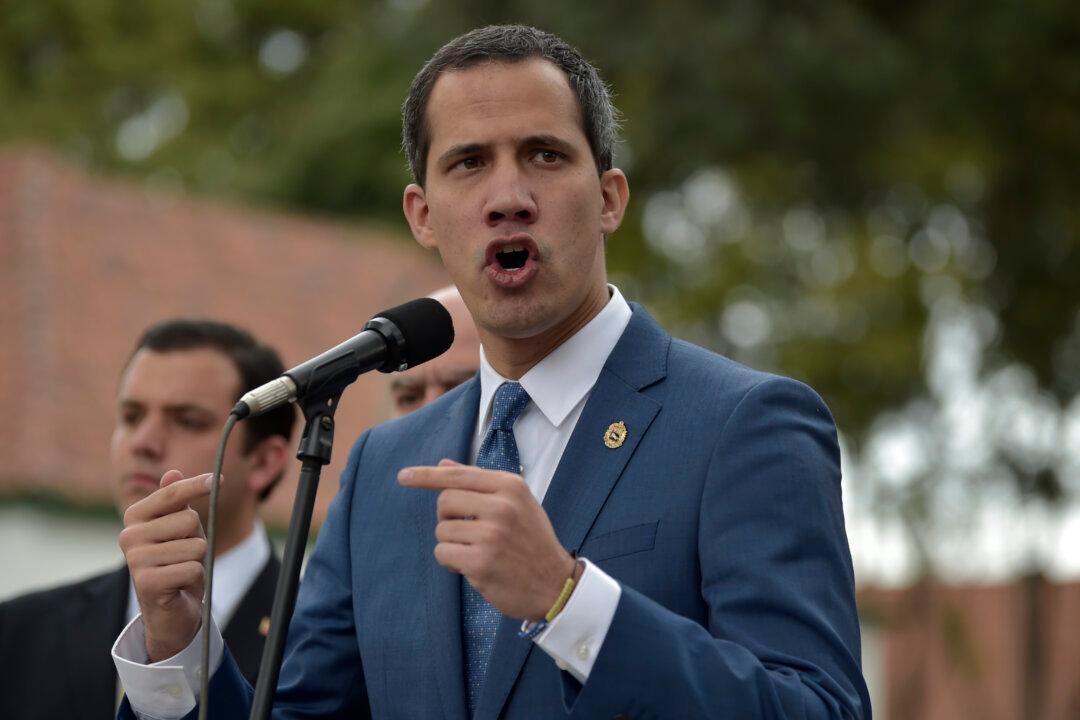News Analysis
On Jan. 23, 2019, a wiry politician unknown to the world—and most of Venezuela—stood onstage in eastern Caracas to invoke the constitution and declare himself interim president in front of thousands cheering and waving tricolor flags.

On Jan. 23, 2019, a wiry politician unknown to the world—and most of Venezuela—stood onstage in eastern Caracas to invoke the constitution and declare himself interim president in front of thousands cheering and waving tricolor flags.